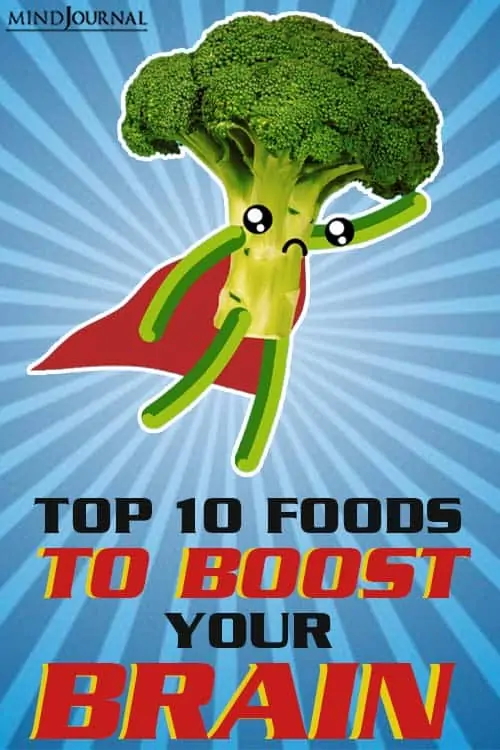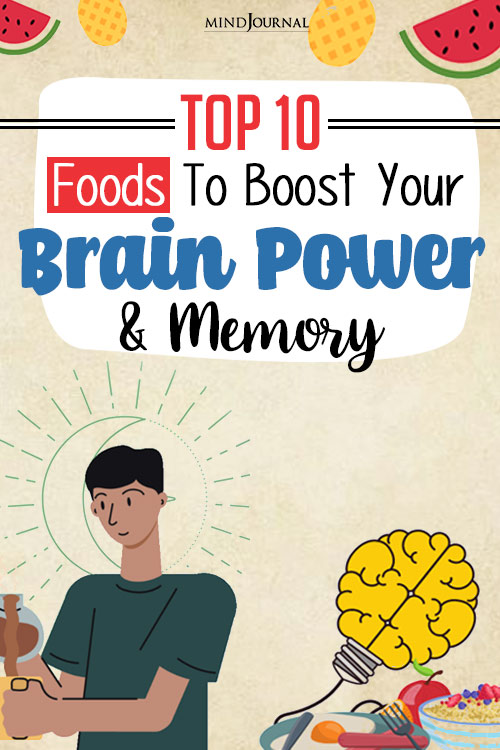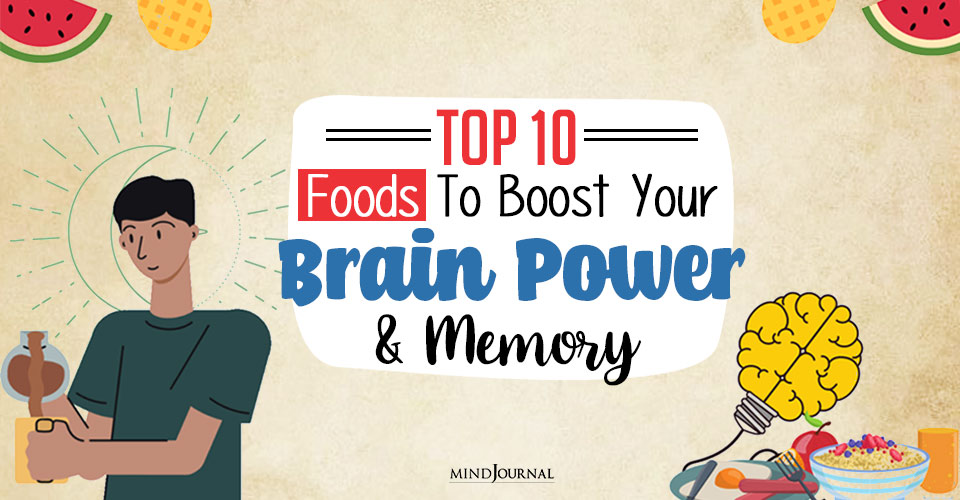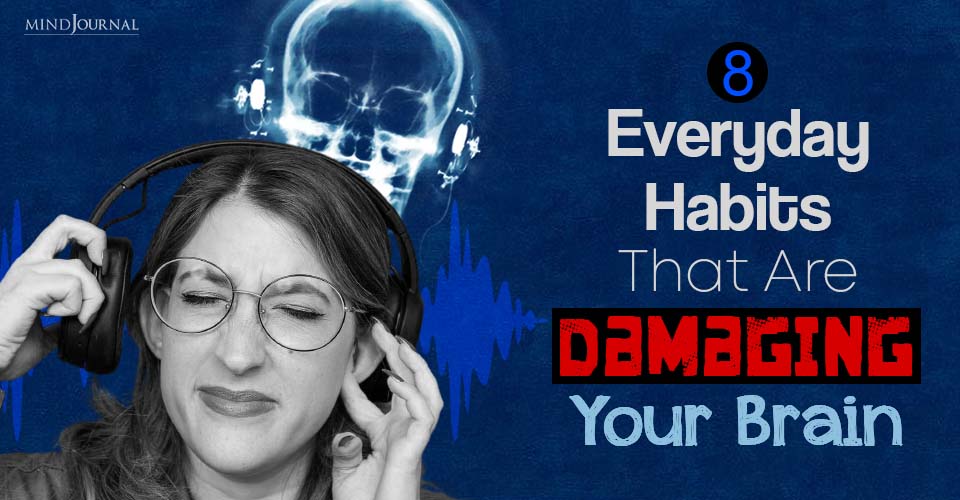Have you ever heard of the saying “You are what you eat?” According to Science, what we eat can actually affect our body and our brain. Eating the right food can help to improve our memory, cognitive functions, concentration, mood, decision making skills, and even our ability to deal with stress and everyday tasks.
In this article, we are going to look at 10 best foods to boost the health and power of your brain. But before that let’s discuss about what we eat can help to boost our brainpower.
Food And Brain Power
The brain is a complex and powerful organ that controls our ability to see, hear, feel, move, think and much more. It is the control center that helps our lungs breathe and keeps our heart beating. So our brain is kind of super important.
However, it is energy-intensive and uses over 20% of our body’s calories. So the food we eat can have a strong impact on brain structure, health, and energy. A healthy and nutritional diet can fuel the brain to function effectively all day, boost our cognitive skills and brainpower, especially as we age.
Related: 5 Effective Ways To Train Your Brain To STOP Overeating
Researchers have found that “consuming specific nutrients and adopting a healthier diet” can cause an almost immediate boost in brain function. It can also help to maintain good brain function even in “very old age.” Studies also reveal that “particular nutrients influence cognition by acting on molecular systems or cellular processes that are vital for maintaining cognitive function.”
So if you are having problems remembering where you left the remote last time or unable to remember someone’s name, making small changes to your diet can help to boost your concentration, memory, and decision-making abilities. Eating the right brain food is the best and easiest way to boost your brainpower.
Now let’s take a look at the foods to be naturally brainy and keep your brain sharp.
Top 10 Foods To Boost Your Brain Power
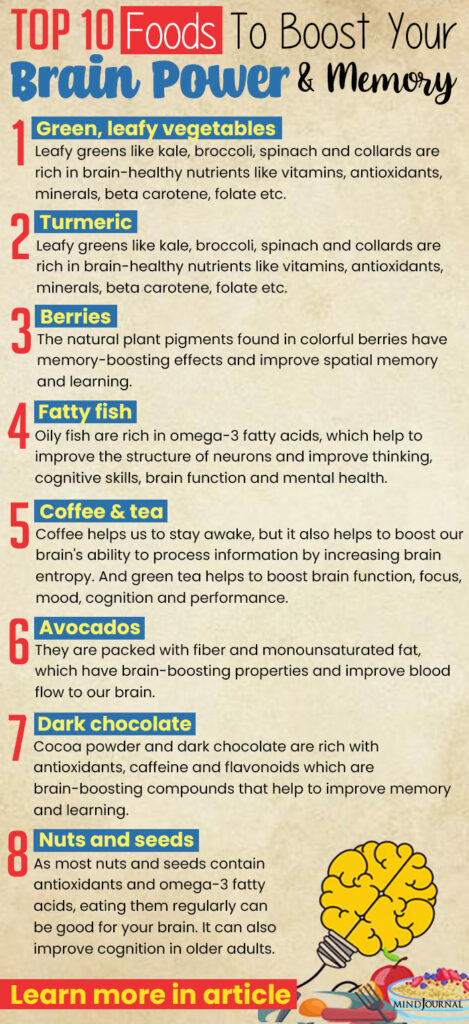
1. Green, leafy vegetables
We all know that vegetables are good for us, but leafy greens like broccoli and kale are superfoods that can improve our brain health. According to 2018 research “a daily serving of green leafy vegetables to one’s diet may be a simple way to contribute to brain-health.” Research conducted by Harvard Medical School has found that plant-based foods can help to slow down cognitive decline.
Leafy greens like kale, broccoli spinach and collards are rich in brain-healthy nutrients like vitamins, antioxidants, minerals, glucosinolates, beta carotene, folate and lutein. Broccoli is packed with vitamin K which helps in forming the fat sphingolipids that are abundantly found in brain cells. Studies also show that higher intake of vitamin K is linked to better memory in older adults. So make sure not to skip on those leafy veggies in your next meal.
2. Turmeric
Most of us are aware of the anti-inflammatory properties of turmeric, but this vibrant yellow spice is rich in Curcumin which helps to improve the oxygen intake in our brain. Turmeric not only boosts cognitive functions and memory, it also prevents oxidative damage and inflammation that causes Alzheimer’s disease.
Studies show that Curcumin, the principal component of turmeric, boosts docosahexaenoic acid or DHA in the brain which is essential for brain development and protection. Adding turmeric to your diet foods can also help to boost your brain power, grow new brain cells and improve mood and reduce depression by increasing serotonin and dopamine levels in the brain. Add some color and spice to your diet with turmeric and build a healthier brain.
3. Berries
Berries like blueberries, strawberries, blackberries, mulberries and blackcurrants are power packed with antioxidants which protect our brain from oxidative stress. Flavonoid antioxidants, the natural plant pigments found in colorful berries have memory-boosting effects and improve spatial memory and learning.
Studies have shown that berries are good for the brain as they “prevent age-related neurodegenerative diseases and improve motor and cognitive functions.” According to Harvard Medical School consuming two or more servings of blueberries and strawberries every week can delay memory decline. Research also shows that the antioxidant compounds in berries, especially blueberries, can improve communication between brain cells, increase plasticity, delay brain aging and boost brain-health. Simply add some berries to your smoothie or breakfast and you are good to go.
4. Fatty fish
Oily fish like salmon, tuna, cod, sardines, herring and mackerel are rich in omega-3 fatty acids which help to develop membranes in the brain cells and improve the structure of neurons. Studies reveal that high levels of omega-3s increases blood flow in the brain and improves thinking, cognitive skills, brain function and mental health.
Harvard Medical School says omega-3 fatty acids found in fatty fish lowers blood levels of beta-amyloid which creates harmful clumps in the brains of patients with Alzheimer’s disease. Studies have also found that fish consumption leads to slower cognitive decline with age. Consuming baked or cooked fish regularly can also increase gray matter in the brain which regulates emotion, memory and decision making. If you are thinking about boosting your brain power, then eating fatty fish is a great place to start.
If you’re vegan or don’t like fish, then you can opt for alternate omega-3 sources like soybeans, flaxseeds, walnuts, avocados or omega-3 supplements.
5. Coffee & tea
If you can’t think of starting your day without coffee or even tea, then here’s another great reason for you to grab a cuppa joe right after you wake up. We all know that coffee helps us to stay awake, improves focus and mood & helps to solidify new memories. By regulating adenosine in the brain, caffeine also helps to manage our sleep-wake cycle. But beyond improving concentration & alertness, caffeine in coffee helps to boost our brain’s ability to process information by increasing brain entropy, according to research. Coffee is also rich in antioxidants which helps in maintaining brain-health as we age. One 2016 study found that coffee consumption reduces cognitive decline, risk of Alzheimer’s disease, Parkinson’s disease and improves brain-health.
Just like coffee, green tea also helps to boost brain function, memory, focus, alertness, mood, cognition and performance. Research shows that green tea has a beneficial effect on cognitive functioning and working memory processing. Green tea also contains the amino acid L-theanine which improves alpha waves frequencies in the brain and helps us relax. Now you have no reason to stop yourself from grabbing another cup of these brain-healthy beverages.
6. Avocados
Avocados are packed with fiber and monounsaturated fat which have brain-boosting properties and improve blood flow to our brain. Monounsaturated fats in avocados help to reduce blood pressure which reduces the risk of cognitive decline. Avocados are also rich with vitamin K, vitamin C, vitamin E, folate, and copper which improve cognitive function and reduce blood clots. These are also packed with potassium and the antioxidant glutathione which have anti-carcinogenic properties.
According to a 2018 study by Tufts University avocados lead to better brain functioning in older adults. Research has also found that carotenoids lutein and zeaxanthin found in these fruits enhance brain function and performance. There’s a good reason why avocados have become so popular lately and it’s time you added them to your diet.
7. Dark chocolate
Cocoa powder and dark chocolate are rich with antioxidants, caffeine and flavonoids which are brain-boosting compounds. Flavonoids in chocolate help to improve memory and learning. Research shows chocolate also helps to show age-related cognitive decline. One 2013 study found that cocoa flavanol positively impacts human cognition, memory, mood, and behavior. Recent studies have also found that dark chocolate intake increases blood flow to the brain, improves brain plasticity and enhances memory formation.
People who frequently consume chocolate tend to perform better in mental tasks. They also experience mood enhancing effects and more positive feelings. So if you need another reason to eat more chocolate and cater to your sweet truth, then look no further.
8. Nuts and seeds
As most nuts and seeds contain antioxidants and omega-3 fatty acids, eating them regularly can be good for your brain. Studies show that nuts have nutrients that are beneficial for a healthy brain and long-term consumption of nuts can improve cognition in older adults. Both nuts and seeds are packed with the antioxidant vitamin E that improves brain function and lowers the risk of Alzheimer’s disease, found a 2014 research.
According to Harvard Medical School, nuts like walnuts are rich sources of protein and healthy fats which improve memory. Other types of nuts and seeds like sunflower seeds, pumpkin seeds, peanuts, hazelnuts and almonds can also enhance our memory & thinking skills and slow mental decline. These contain a range of brain-boosting nutrients and plant compounds that can even help to prevent neurodegenerative diseases.
Related: Why Giving Up On Emotional Eating Will Not Help You Lose Weight
9. Eggs
Do you love having eggs for breakfast? Then you will be glad to know that eggs are packed with choline, folate and B vitamins which help in regulating mood, memory and improving brain functioning. Eggs are an excellent brain food as they are a powerful source of folic acid, vitamin B-12, and vitamin B-6.
Research suggests that B vitamins found in eggs delays cognitive impairment & decline and prevents brain shrinkage. Moreover, B vitamins – folate and B12 help to manage depression as well. Studies have shown that choline, found in egg yolks, is linked with mental function and enhanced memory. So start cracking some eggs to enjoy their benefits on your brain.
10. Whole grains
Healthy whole grains not only improve our cardiovascular health but also enhances blood flow in our brain and improves focus and concentration. Whole grain-rich foods like oatmeal, barley, bulgur wheat, whole grain bread, whole grain pasta, brown rice, or even popcorn promote brain function and memory as these are packed with vitamins and fibers.
They fuel our energy-intensive brain with a steady supply of energy through glucose and stabilize blood-sugar levels. They also support brain power by providing vitamin E and keeps the brain sharp and alert.
Related: 12 Health Benefits of Drinking Water
In addition to these brain boosting foods, you can also add oranges, bananas, soybean, black beans, sage, spinach, tomatoes, beets, and even red wine to your regular diet to improve your cognitive functions and keeping a healthy brain.
How many of these foods do you already eat regularly?
We would love to know about your thoughts and experiences about foods that boost your brain power. So feel free to share your opinions below.
